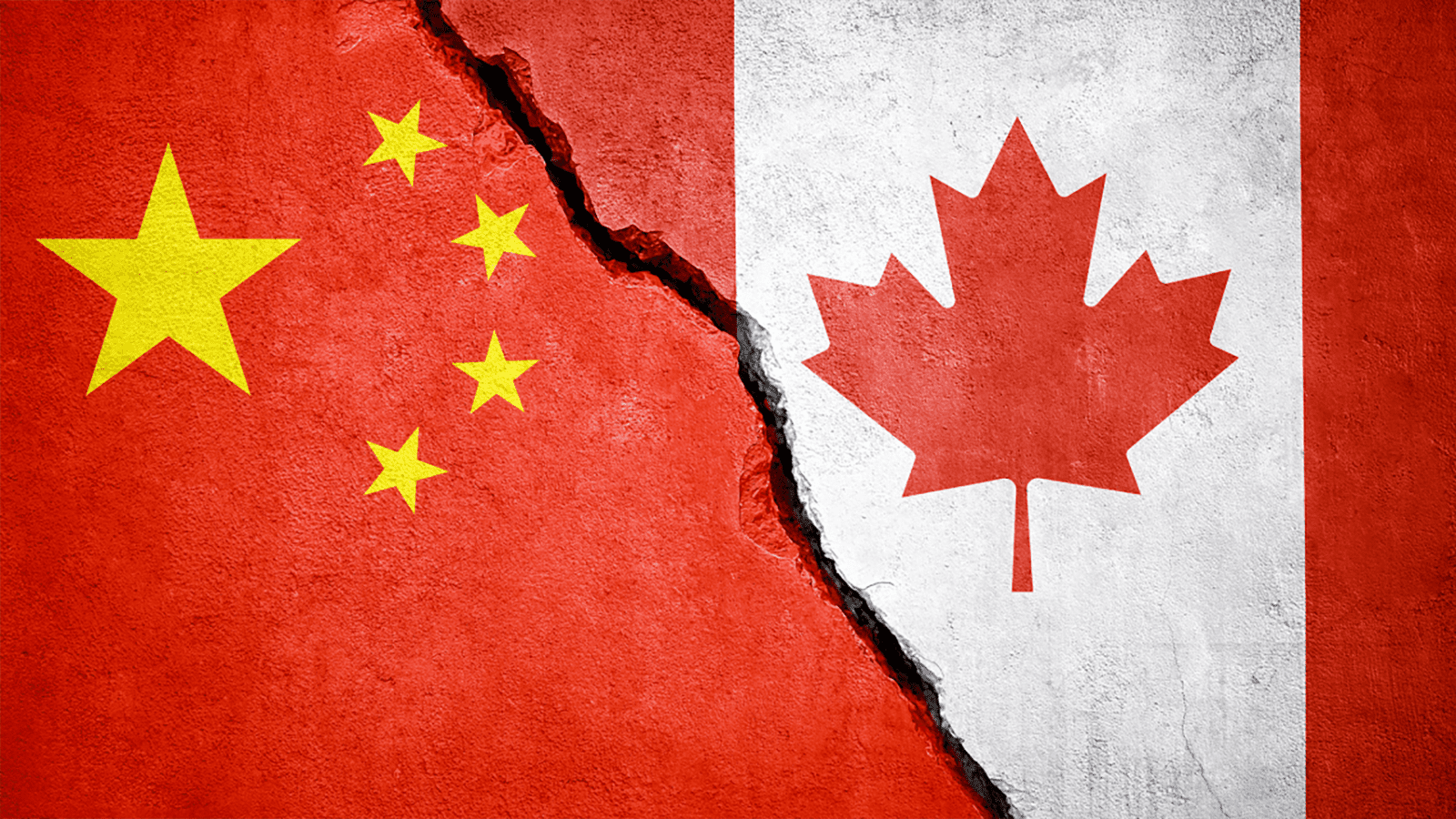The economic battle with China continues, as Canada moves to limit foreign investment in lithium, now classified as a “critical mineral.”
Three Chinese companies have been ordered to sell their lithium mining assets in Canada. The order came down in early November, highlighting the ongoing tensions of who gets to control major resources like lithium, cadmium, rare earth materials, and other minerals used in electric vehicles, solar cells, smartphones, wind turbines, and other emerging technologies.
Chinese mining companies have invested in production across Canada, Latin America, Africa, and other regions as the country expands its own development of electric vehicles and clean energy.
Innovation Minister Francois-Philippe Champagne announced curbs in November on the involvement of foreign state-owned companies in producing “critical minerals.” He stated that investments of any size would be approved only on an “exceptional basis.”
Obviously, the Chinese government has criticized the order as a violation of market principles and asked Canada to reverse this decision.
As a result of this order, Sinomine (Hong Kong) Rare Metals Resources is required to sell its stake in Vancouver-based Power Metals Corp., which has exploration projects for lithium, tantalum, and cesium in northern Ontario.
Chengze Lithium International Ltd. was ordered to divest its interests in Lithium Chile Inc., a company in Calgary that has lithium projects in Chile; and Zangge Mining Investment must sell its stake in Ultra Lithium Inc. of Vancouver, which has lithium and gold projects in both Canada and Argentina.
In a statement, Minister Champagne said that Canada does still welcome foreign investment but “will act decisively when investments threaten our national security and our critical minerals supply chains.”

SOURCES: ASSOCIATED PRESS, VIA AUTOBLOG; IMAGE VIA ASIA PACIFIC FOUNDATION OF CANADA.
FTC: We use income-earning auto affiliate links. Learn more.











